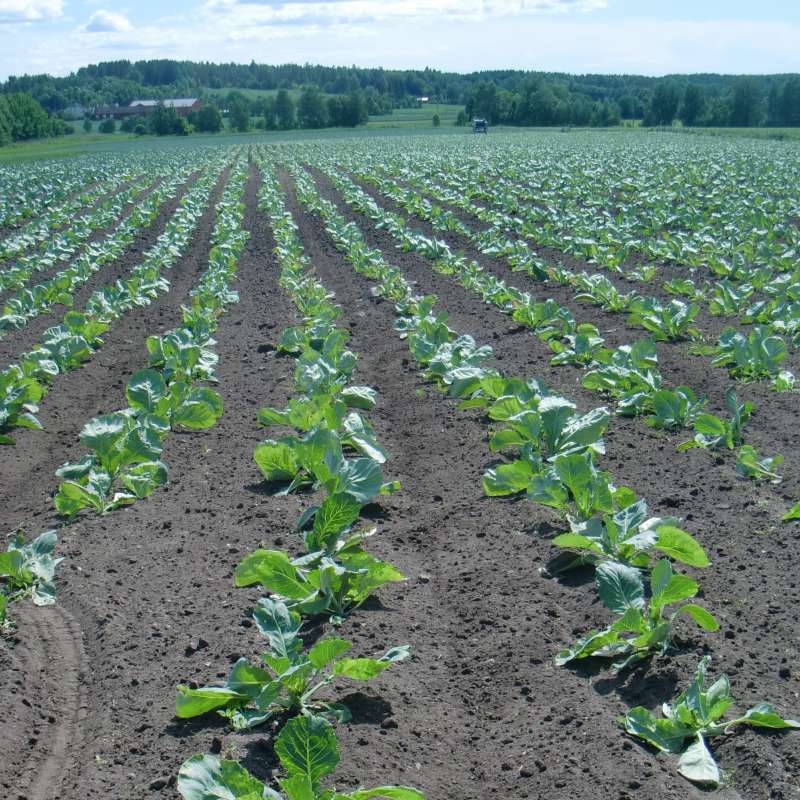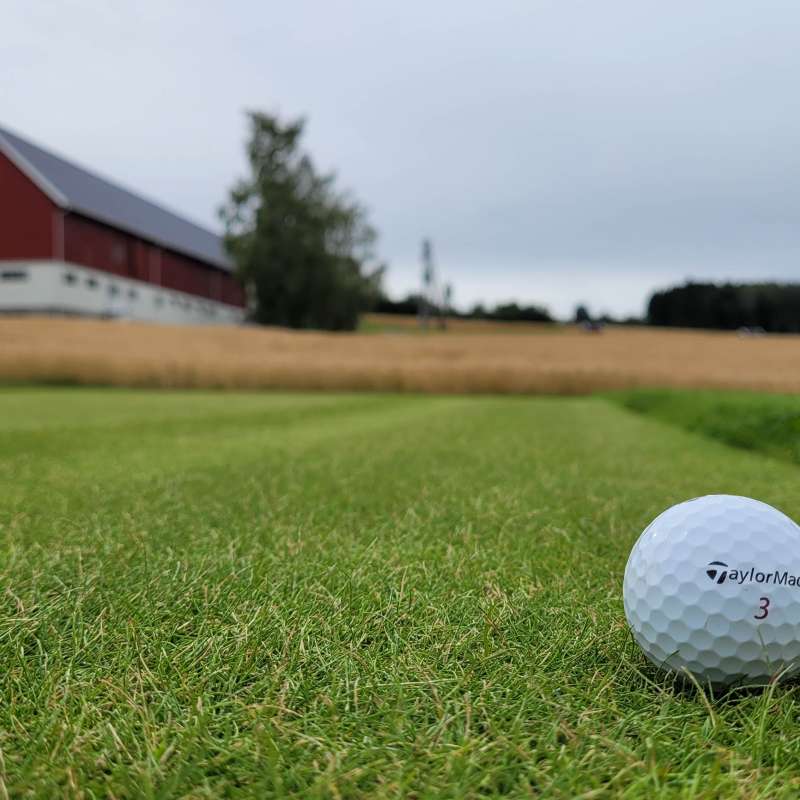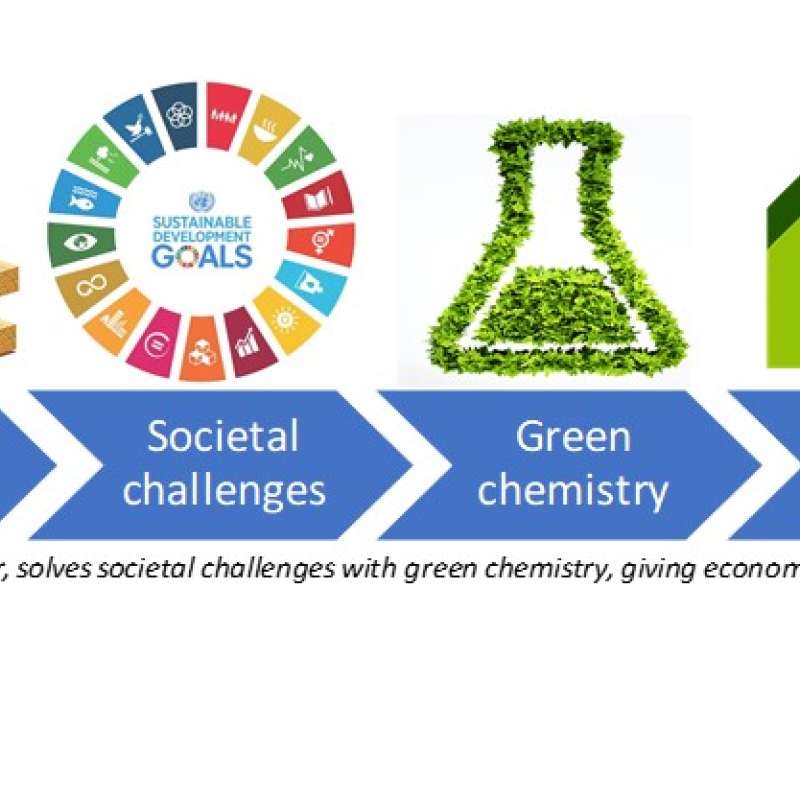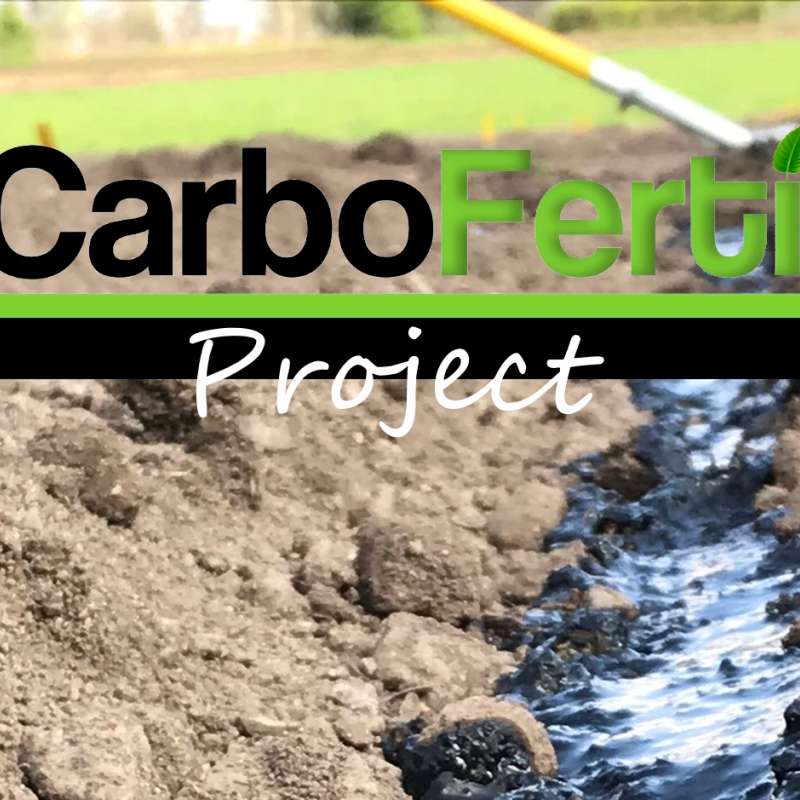
Division of Biotechnology and Plant Health
LowImpact - ChiNor solutions for Low Impact climate smart vegetable production with reduced pesticide residues in food, soil and water resources
Biochar technologies show promise as tools for climate smart and environmentally friendly agricultural production, both as tools to improve soil quality and impact greenhouse gas emission from soils and to reduce pesticide pollution to the environment and pesticide residues in food. However, there is a lack of studies integrating these concerns and designing joint solutions.



